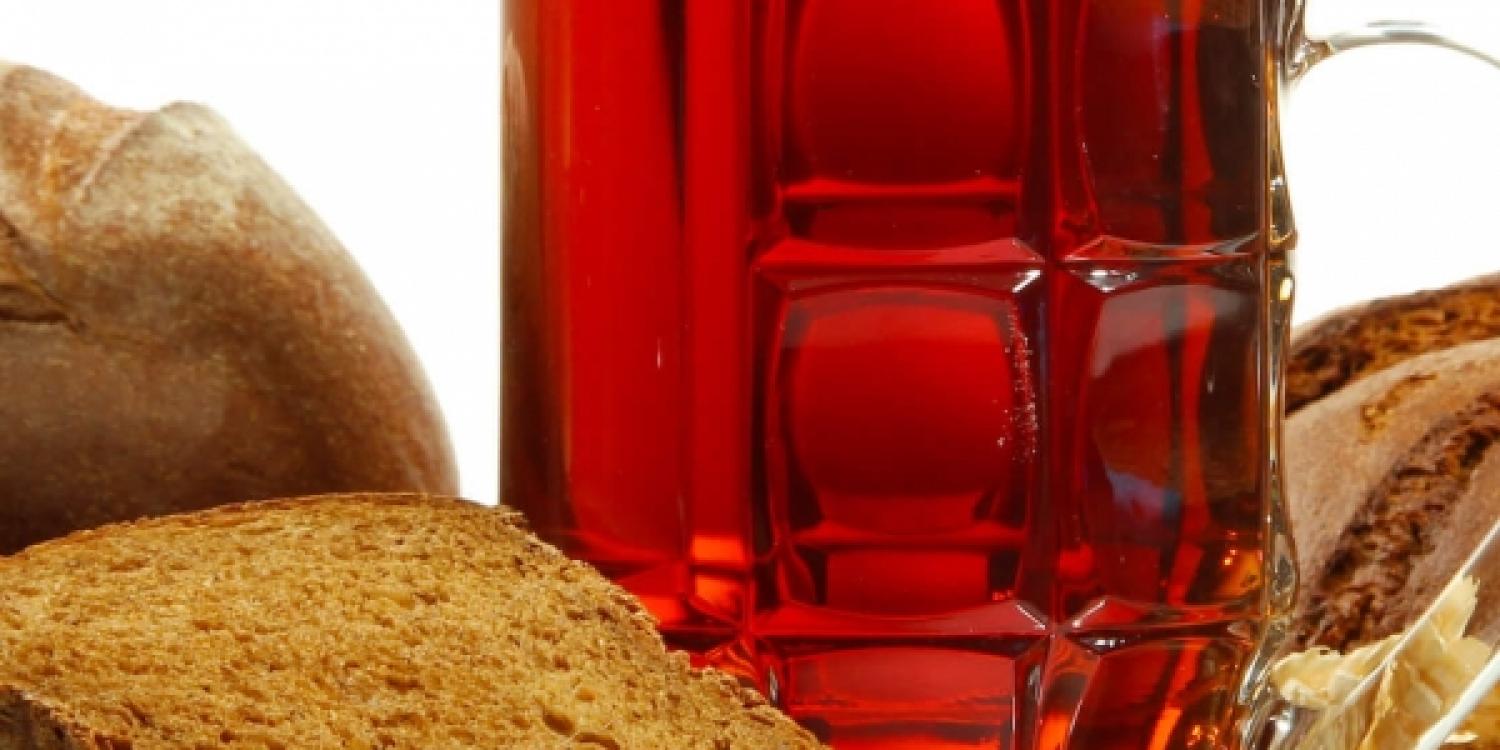The future of food waste

Information
From bread to beer...
- Brewery converts waste bread into new products in support of sustainable development
- It is a working example of the circular economy
Over 46 million slices of bread, or 44 % of all loaves produced in the UK is wasted every year. That is equivalent to 3.3 Gt of CO2, and is a huge waste of the land, energy, fuel, and human capital that goes into producing the bread. Surplus food like this typically goes to the people in need, as feed for livestock and, if there is any left over, it can be sent to compost or added to anaerobic digesters to produce gas.
Toast Ale, a start-up brewery in the UK, has taken up the circular economy model in their operations by using the biologically active surplus bread for beer-making. They replace a third of the grain used in beer production with bread leftovers, which they source for free, and effectively reduce the cost of production.
Typical ingredients to brew beer are hot water and malt. But Toast Ale's recipe uses 65 % malt and 35 % bread waste. They source the bread from local bakeries near brewery. Brewing beer this way means Toast Ale contributes to the environment (circular economy value extraction) by upcycling food waste. The brewery also has onsite wind turbines for electricity and a borehole to extract water, and barley is sourced from local farms. Spent grain goes to animal feed rather than landfill.
Key results
- 17 924 kilograms of bread saved
- 214 092 litres of beer brewed
- € 13 600 donated to charity
Toast Ale also tries to create a positive social impact by donating 100 % of its profits to Feedback which is fighting food waste at a systemic level. Since beer is one of the oldest and most consumed beverages in the world, choosing it is a great way to raise people’s awareness of food waste and change their consumption habits.
Toast Ale Ltd, https://www.toastale.com/impact/